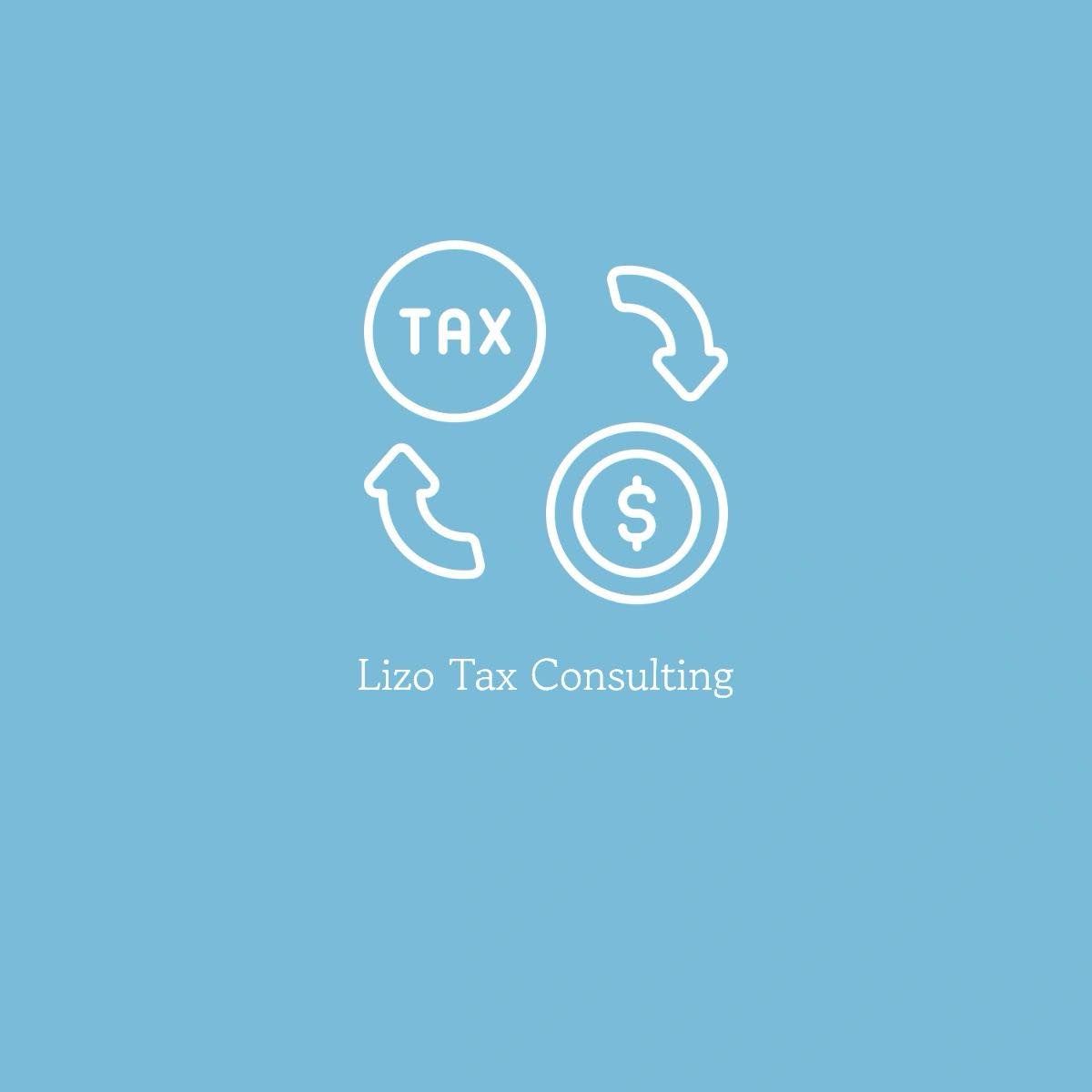Complete Guide to US Expat Tax Filing 2024
Everything you need to know about filing US taxes as an expatriate, including FEIE, foreign tax credits, and compliance requirements.
Overview
As a US citizen or green card holder living abroad, you're required to file US tax returns regardless of where you live or earn income. This comprehensive guide covers everything you need to know about expat tax filing for 2024.
Key Filing Requirements
Who Must File
- US citizens living anywhere in the world
- Green card holders (lawful permanent residents)
- US persons with worldwide income above filing thresholds
Filing Thresholds for 2024
- Single, under 65: $13,850
- Married filing jointly, both under 65: $27,700
- Head of household, under 65: $20,800
Foreign Earned Income Exclusion (FEIE)
The FEIE allows qualifying expats to exclude up to $120,000 (2023) of foreign earned income from US taxation. To qualify, you must meet either:
Physical Presence Test
Be present in a foreign country for at least 330 full days during a 12-month period.
Bona Fide Residence Test
Be a bona fide resident of a foreign country for an uninterrupted period that includes an entire tax year.
Foreign Tax Credit
If you pay taxes to a foreign government, you may be able to take the Foreign Tax Credit to offset your US tax liability. This credit is often more beneficial than the FEIE for higher earners.
Reporting Requirements
FBAR (Foreign Bank Account Report)
Required if you have foreign financial accounts exceeding $10,000 at any time during the year. Filed separately through FinCEN by April 15 (with automatic extension to October 15).
FATCA (Form 8938)
Required for specified foreign financial assets above certain thresholds:
- Single/Married filing separately living abroad: $200,000 (year-end) or $300,000 (any time)
- Married filing jointly living abroad: $400,000 (year-end) or $600,000 (any time)
Important Deadlines for 2024
- June 15, 2024: Automatic 2-month extension deadline for expats
- October 15, 2024: Final deadline with Form 4868 extension
- April 15, 2024: FBAR deadline (automatic extension to October 15)
Common Mistakes to Avoid
- Failing to file US returns while living abroad
- Not reporting foreign bank accounts (FBAR)
- Incorrectly applying the FEIE or Foreign Tax Credit
- Missing state tax obligations
- Not maintaining proper documentation
Get Professional Help
Expat tax situations can be complex, involving multiple countries' tax laws and various US reporting requirements. Working with an experienced tax professional who specializes in expat taxes can save you time, money, and potential penalties.
Need Help with Your Expat Taxes?
Schedule a free consultation to discuss your specific expat tax situation with an IRS Enrolled Agent.
